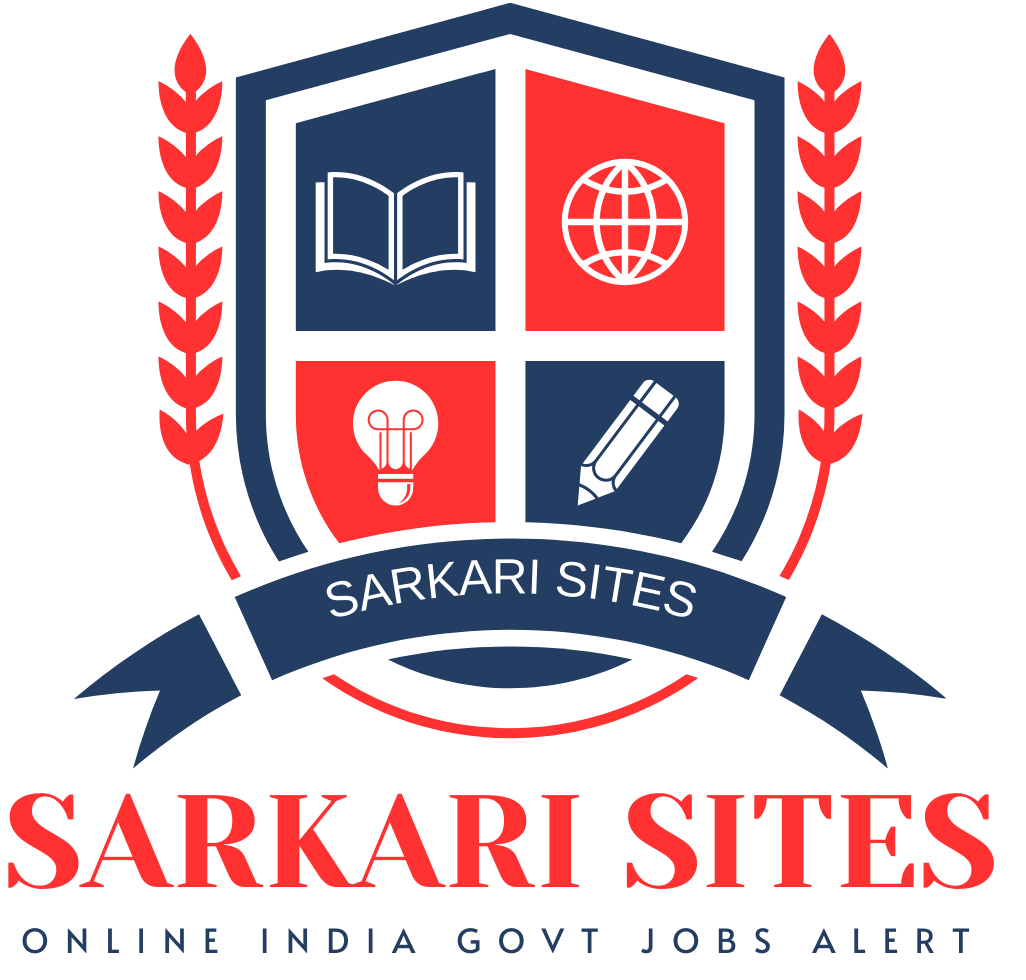UPPSC Technical Education Service Exam Syllabus
UPPSC Technical Education Service Exam Syllabus 2025: A Comprehensive Guide for Aspiring Educators
The Uttar Pradesh Public Service Commission (UPPSC) conducts the Technical Education Service Exam to recruit qualified candidates for various teaching and administrative positions in the state's technical education institutions. This examination is crucial for those aspiring to contribute to the growth and development of technical education in Uttar Pradesh.
In this detailed guide, we will delve into the UPPSC Technical Education Service Exam syllabus, providing an in-depth understanding of the subjects and topics covered, along with insights into the exam pattern and preparation strategies.
📌 Overview of UPPSC Technical Education Service Exam
The UPPSC Technical Education Service Exam is conducted for the recruitment of candidates to the following positions:
-
Principal
-
Lecturer
-
Workshop Superintendent
-
Librarian
Each position has a distinct syllabus and exam pattern tailored to the specific requirements of the role.
🧾 Exam Pattern
Understanding the exam pattern is essential for effective preparation. Below is the detailed exam pattern for each position:
1. Principal
The examination for the Principal position consists of two papers:
Paper I
Total Marks: 375
Duration: 2 hours 30 minutes
Paper II
Total Marks: 375
Duration: 2 hours 30 minutes
Personality Test (Interview): 100 marks
Total Marks: 850
2. Lecturer and Workshop Superintendent
The examination for these positions also comprises two papers:
Paper I
Total Marks: 375
Duration: 2 hours 30 minutes
Paper II
Total Marks: 375
Duration: 2 hours 30 minutes
Personality Test (Interview): 100 marks
Total Marks: 850
3. Librarian
The examination for the Librarian position consists of two papers:
Paper I
Total Marks: 375
Duration: 2 hours 30 minutes
Paper II
Total Marks: 375
Duration: 2 hours 30 minutes
Personality Test (Interview): 100 marks
Total Marks: 850
📚 Detailed Syllabus
1. General Hindi
This section assesses the candidate's proficiency in the Hindi language, focusing on:
-
Grammar: Sentence structure, parts of speech, tenses, and syntax
-
Vocabulary: Synonyms, antonyms, idioms, and phrases
-
Comprehension: Understanding and interpreting passages
-
Translation: Hindi to English and vice versa
-
Essay Writing: Expressing thoughts coherently on given topics
2. General Studies
This section evaluates the candidate's awareness of general knowledge and current affairs, including:
-
History: Indian history, freedom struggle, and significant events
-
Geography: Physical, political, and economic geography of India and the world
-
Polity: Indian Constitution, governance, and political system
-
Economy: Economic development, planning, and policies
-
Science and Technology: Developments in science, space, and technology
-
Environment and Ecology: Environmental issues, conservation, and sustainability
-
Current Affairs: National and international events, sports, awards, and appointments
3. Main Subject (Engineering/Technical Branch)
The syllabus for this section varies based on the specific engineering or technical branch. Below is an overview of the topics covered for some common branches:
Mechanical Engineering
-
Thermodynamics: Laws of thermodynamics, heat engines, and refrigeration
-
Fluid Mechanics: Fluid properties, fluid statics and dynamics, flow analysis
-
Strength of Materials: Stress, strain, bending, and torsion
-
Machine Design: Design principles, gears, bearings, and shafts
-
Manufacturing Processes: Casting, welding, machining, and forming
-
Theory of Machines: Kinematics, dynamics, and vibrations
Electrical Engineering
-
Circuit Theory: Ohm's law, Kirchhoff's laws, and network theorems
-
Electrical Machines: Transformers, motors, and generators
-
Power Systems: Generation, transmission, and distribution
-
Control Systems: Feedback, stability, and controllers
-
Electromagnetic Fields: Maxwell's equations, wave propagation, and transmission lines
Civil Engineering
-
Structural Analysis: Trusses, beams, frames, and stability
-
Concrete Technology: Mix design, properties, and testing
-
Surveying: Measurement techniques, leveling, and contouring
-
Transportation Engineering: Highway design, traffic analysis, and planning
-
Water Resources Engineering: Hydrology, irrigation, and drainage
Computer Science
-
Programming Languages: C, C++, Java, and Python
-
Data Structures: Arrays, linked lists, trees, and graphs
-
Algorithms: Sorting, searching, and optimization
-
Operating Systems: Processes, memory management, and file systems
-
Database Management Systems: Relational models, SQL, and normalization
Library Science
-
Library Management: Organization, classification, and cataloging
-
Information Retrieval: Indexing, abstracting, and searching
-
Digital Libraries: E-resources, metadata, and preservation
-
Library Services: Reference, circulation, and user education
-
Research Methods: Survey, sampling, and data analysis
Note: For a comprehensive syllabus tailored to each specific branch, refer to the official UPPSC notifications or the detailed syllabus PDFs available on various educational platforms.
🎯 Final Thoughts
The UPPSC Technical Education Service Exam is not just another government exam—it's a gateway to shaping the future of technical education in Uttar Pradesh. Whether you are aspiring to become a Lecturer, Principal, Workshop Superintendent, or Librarian, this exam offers a prestigious and impactful career path in the academic sector
The Personality Test is conducted to assess the candidate's suitability for the respective position. It evaluates:
-
Communication Skills: Clarity, articulation, and language proficiency
-
Leadership Qualities: Decision-making, problem-solving, and initiative
-
Subject Knowledge: Depth of understanding in the relevant field



